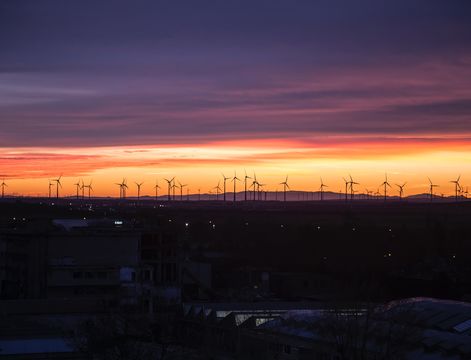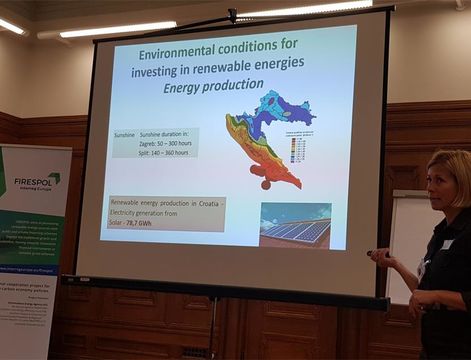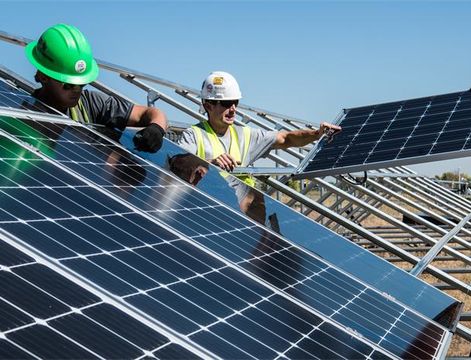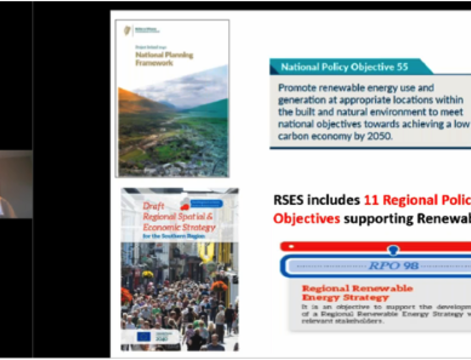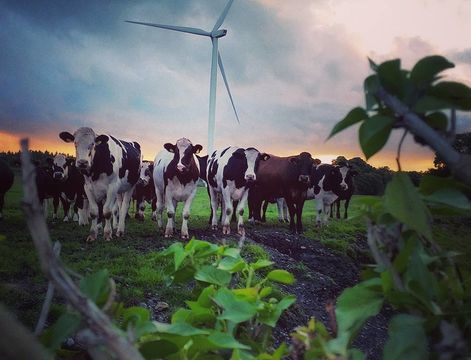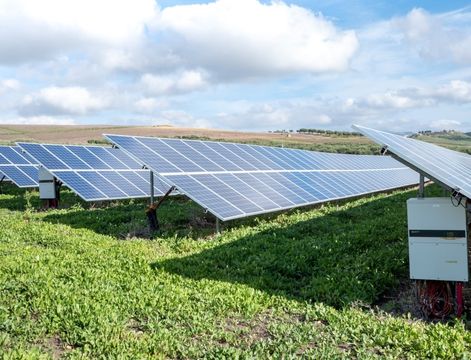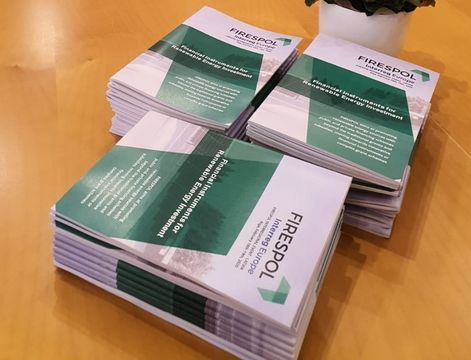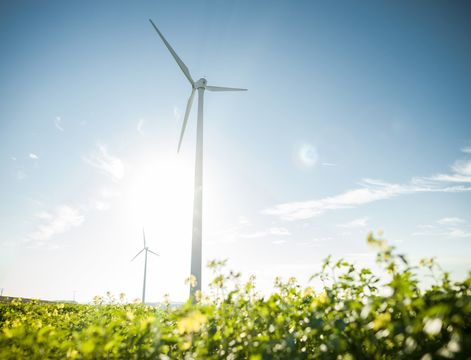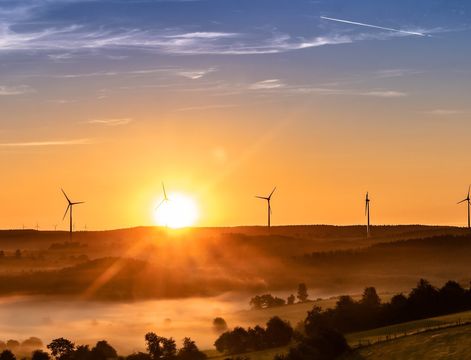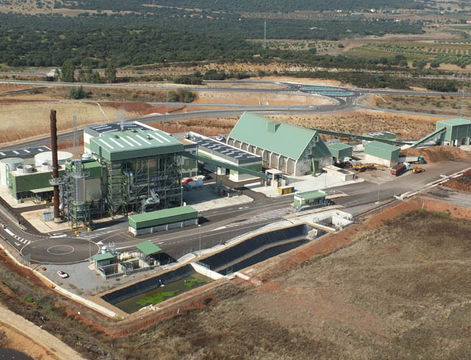The European Council formally adopted the remaining elements of the Clean Energy package presented by the European Commission in 2016. This represents a major step towards completing the Energy Union.
The new laws adopted today include a regulation and a directive on electricity which make the EU's electricity market more interconnected, flexible and consumer-centred. The regulation on risk-preparedness in the electricity sector will ensure the security of electricity supply in crisis situations. The package also includes an overhaul of the role and functioning of ACER, the Agency for the Cooperation of Electricity Regulators.
Commissioner for Climate Action and Energy Miguel Arias Cañete said: "This is the most ambitious set of energy proposals ever presented by the European Commission. It has been adopted in record time with impressive support from the European Parliament and Council. With its completion, we have made the EU's Energy Union - one of the ten political priorities of the Juncker Commission – a reality. I truly believe it will accelerate the clean energy transition and give all Europeans access to secure, competitive and sustainable energy."
The Energy package is composed primarily of:
- a revamped directive on Energy efficiency that sets a new, higher target of energy use for 2030 of 32.5%, and the new Energy performance of buildings directive maximizes the energy saving potential of smarter and greener buildings.
- an ambitious new target of at least 32% in renewable energy by 2030 has been fixed, with specific provisions to foster public and private investment, in order for the EU to maintain its global leadership on renewables.
- a new energy rulebook under which each Member State drafts National Energy and Climate Plans (NECPs) for 2021-2030 setting out how to achieve their energy union targets, and in particular the 2030 targets on energy efficiency and renewable energy.
- more rights for consumers by making it easier for individuals to produce, store or sell their own energy, and strengthening consumer rights with more transparency on bills, and greater choice flexibility.
- a smarter and more efficient electricity market: the new laws will increase security of supply by helping integrate renewables into the grid and manage risks, and by improving cross-border cooperation.
Background and next steps
The European Commission presented its package of proposals, dubbed the "Clean energy for all Europeans" package, in November 2016. It includes 8 legislative acts which contribute to shaping the Energy Union and fulfilling the EU's Paris Agreement commitments. With four legislative acts having already entered into force, today's adoption of the remaining four files completes the package.


